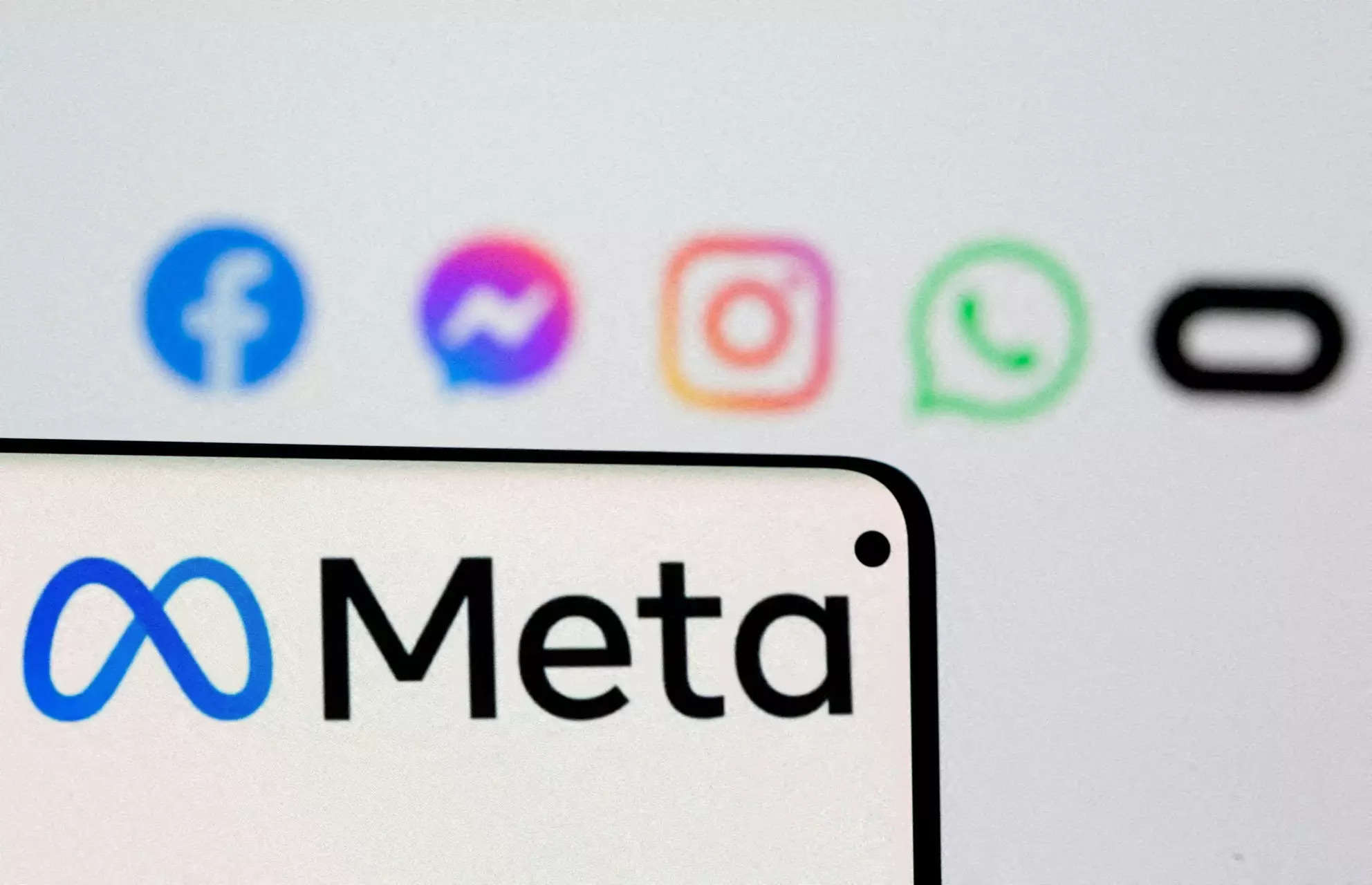A day after European Commissioner Thierry Breton set a 24-hour deadline for Facebook and Instagram parent Meta to remove pro-Hamas content across its platforms, the company has listed out specific steps that it has taken during the ongoing war between Israel and the terrorist organisation.
Meta said it is removing praise and substantive support for Hamas from its platforms that have seen the spread of doctored images. The company said that in the three days after the attack, it removed or marked as disturbing more than 795,000 pieces of content in Hebrew or Arabic.
“We quickly established a special operations centre staffed with experts, including fluent Hebrew and Arabic speakers, to closely monitor and respond to this rapidly evolving situation in real time. This allows us to remove content that violates our Community Standards or Community Guidelines faster, and serves as another line of defence against misinformation,” the company said in a statement.
Meta claims that as compared to the two months prior, in the three days following the October 7 attack, it has removed seven times as many pieces of content on a daily basis for violating its policy.
“We apply these policies regardless of who is posting or their personal beliefs, and it is never our intention to suppress a particular community or point of view,” the company said.
What’s allowed on the platform
Content with blurred images of victims is allowed on the platform, however, the company said it will prioritise the safety and privacy of kidnapping victims if its fact-checkers are unsure or unable to make a clear assessment.
Meta said it was aware of Hamas’ threats to broadcast footage of the hostages and it will quickly remove any such content and prevent copies from being re-shared.
The EU also wrote to X (formerly Twitter) to take action to remove content that spreads misinformation on the microblogging platform.
Meta said it is removing praise and substantive support for Hamas from its platforms that have seen the spread of doctored images. The company said that in the three days after the attack, it removed or marked as disturbing more than 795,000 pieces of content in Hebrew or Arabic.
“We quickly established a special operations centre staffed with experts, including fluent Hebrew and Arabic speakers, to closely monitor and respond to this rapidly evolving situation in real time. This allows us to remove content that violates our Community Standards or Community Guidelines faster, and serves as another line of defence against misinformation,” the company said in a statement.
Meta claims that as compared to the two months prior, in the three days following the October 7 attack, it has removed seven times as many pieces of content on a daily basis for violating its policy.
“We apply these policies regardless of who is posting or their personal beliefs, and it is never our intention to suppress a particular community or point of view,” the company said.
What’s allowed on the platform
Content with blurred images of victims is allowed on the platform, however, the company said it will prioritise the safety and privacy of kidnapping victims if its fact-checkers are unsure or unable to make a clear assessment.
Meta said it was aware of Hamas’ threats to broadcast footage of the hostages and it will quickly remove any such content and prevent copies from being re-shared.
The EU also wrote to X (formerly Twitter) to take action to remove content that spreads misinformation on the microblogging platform.
Remove pro-Hamas content within 24 hours: EU sets deadline for Facebook and Instagram
Denial of responsibility! Swift Telecast is an automatic aggregator of the all world’s media. In each content, the hyperlink to the primary source is specified. All trademarks belong to their rightful owners, all materials to their authors. If you are the owner of the content and do not want us to publish your materials, please contact us by email – swifttelecast.com. The content will be deleted within 24 hours.


